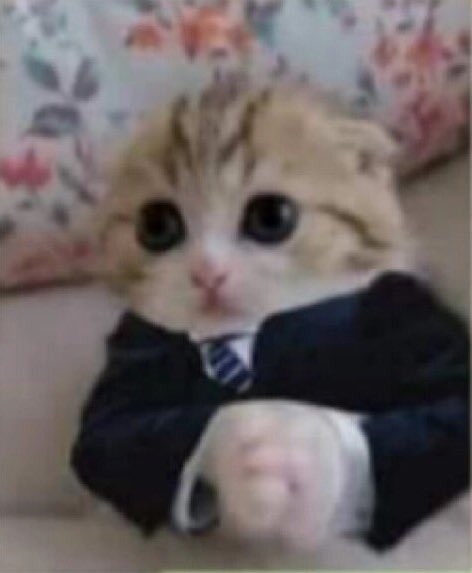cross-posted from: https://lemmy.blahaj.zone/post/23565790
Hello! I’m currently working on a research paper for my English composition course, and we were given free reign on the topic. I decided to do my topic on the history of queerness in gaming, and I’m not only talking about queer characters, but also the gaming community too. So far, my major sources focus on things like:
- Demographics of games with queer characters (which identities, created in what country, what year was the game made, etc.)
- I want to try to find more stuff about trans, enby, and ace characters as I feel their representation is a little underepresented
- Opinions of queer and non-queer gamers on queer representation in games
- How fan interpretations, fanon, and external content (like social media posts) is important to gaming too
- What games do right and wrong with representation, especially when it comes to “non-gendered” character creators
- How localizations/translations are sometimes used to censor queerness. Also about how queerness can be seen differently around the world.
- Some info on Gamergate, but that’s not a major focus of the paper
- A pinch of info about feminist gaming, but not necessarily lesbian-women-only gaming
I want to make sure I’m hitting what people find important to explain and teach to others, as the goal of this paper is to be read by anyone who’s curious to learn. So if there’s any topic you deem extremely important that shouldn’t be missed, please tell me! Also, I’m a little more knowledgeable about JRPGs compared to popular western games, so character recommendations to bring up are appreciated greatly.
I plan to promote a survey about this stuff later on, I just need to get my questions together :). I will crosspost this to other gaming or queer communities, so you might see me there too!
This post is also on Reddit, although due to it being a new account I’m going to struggle to gain traction there with the low karma bans :(
If you’re not familiar with the Guilty Gear series of fighting games, I think it’s worth looking into! The series has long had gay, agender, gender-non-conforming, and queer characters, but in the most recent release, they’ve been much more “out.” Notably, Bridget—a character who, in her first appearance, was a feminie-presenting boy—was added to the newest game as DLC, and her arcade mode story has her struggling with her sense of self before finally exclaiming “I’m a girl!” and canonizing herself as a transgender woman.
Theres also Testament, a character introduced in the first game, who is agender. Up until the most recent game, they were largely perceived as male and referred to using he/him pronouns, but according to Daisuke Ishiwatari (the game’s creator), they’ve always been agender, and the confusion with pronouns came from less social understanding and acceptance of non-binary people in the late 90s when the game released (and some stuff was likely lost in translation in the English releases).
Theres more i could list for this series alone, but i think it’s more important to mention that the Guilty Gear community is a very queer space nowadays. This is especially nice because fighting games offer in-person meet-up opportunities for people of all walks of life through tournaments.
And that’s true for most fighting games, too. While many of them are severely lacking in queer representation (especially compared to GG), tournaments offer many queer and trans individuals a relatively safe space to socialize and generally just exist in.
Similarly, there’s a bit of a meme about more niche fighting games having a very transfem player base. I think this is blown out if proportion, but i can certainly attest to the fact that many trans women I’ve met through gaming events have at least one weird fighting game most people have never heard of that they’re REALLY good at. This is entirely conjecture, but I’d guess it probably has something to do with the fact that niche communities tend to be more welcoming to new players. These niche games don’t have updates or developers supporting tournaments, so people in these communities are there because they have a really strong love for their game, and they’re usually excited to share that love with other people.
I don’t play Guilty Gear, but it’s impossible to not see content about it, but I do know about Bridget and Testament, and GG has some fantastic characters and designs from what I’ve seen. I do love Bridget and Testament’s designs. I have seen a video talking about how the fighting game scene being so open with tournaments and based on skill has allowed queer players to flourish. Thank you for your input!
Honest question. Why does there need to be a line between normal gaming and queer gaming?
Because you called one “normal”


